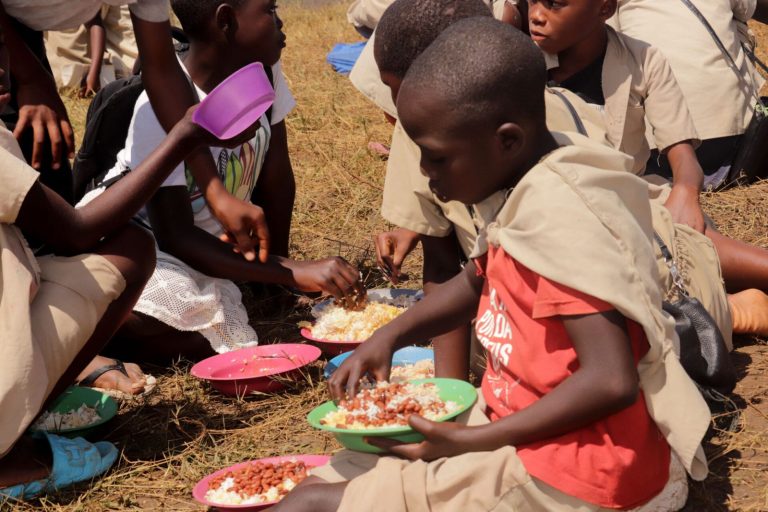Burundi: A Democracy Teetering Between Hunger and Political Strife
Editorial: reda El ghazal
Burundi is sinking into a dual humanitarian and political crisis as local and legislative elections approach in June 2025. More than 56% of children under five suffer from chronic malnutrition, exceeding the World Health Organization’s emergency threshold, while a surge of refugees fleeing violence in the Democratic Republic of Congo is straining already scarce resources. Since January, an additional 120,000 people have become dependent on food aid, and overwhelmed healthcare systems are struggling to meet rising demands.
Simmering political tensions are further destabilizing the country. President Évariste Ndayishimiye has accused Rwanda of supporting rebel groups seeking to destabilize Burundi—claims dismissed by Kigali as “baseless.” At the same time, tightening restrictions on press freedom and opposition activities are raising concerns about the credibility of the upcoming elections. Observers warn that escalating polarization threatens fragile democratic progress, with fears of violence overshadowing electoral preparations.
Caught between hunger and political uncertainty, Burundians face an uncertain future. The convergence of food insecurity, refugee inflows, and eroding civil liberties risks triggering rapid destabilization. International actors are calling for coordinated humanitarian and diplomatic interventions to prevent a silent collapse, stressing that without immediate support, Burundi’s path to stability could unravel irreversibly.
-

Libya: Delayed Municipal Elections Finally Held in Seven Northwestern Towns
Edited By : Tendai Zola Libyans in seven municipalities in the country’s northwest were finally able to cast their votes on... Politics -

Africa: Fight for Justice Over Bolloré’s Ports Empire
Edited By: Fatimatou babdinA coalition of African civil society groups has launched a landmark legal battle in Paris, seeking accountability... Economy -

The Fight to Bring Africa’s Art Home
Edited By : Widad WAHBIFor over a century, thousands of African artifacts, including masks, statues, and royal thrones, were taken... Video -

Bijagós Islands: A Hidden Cultural and Ecological Gem Emerges from Obscurity
Edited By: Fatomatou konèOff the coast of Guinea-Bissau lies the Bijagós Archipelago, a scattering of more than eighty islands where... Chosen for you -

How Nigerians Reinvented an Italian Tinned Tomato Brand
Edited By: Widad WAHBI In the bustling food markets of Lagos, a shopper points to a bowl of rice and asks,... Culture -

Congo Prosecutor Demands Death Penalty for Ex-President Joseph Kabila
Edited By: Tendai Zola A Congolese prosecutor has requested the death penalty against former President Joseph Kabila, who is being tried... Politics

 Follow the latest news on WhatsApp
Follow the latest news on WhatsApp  Follow the latest news on Telegram
Follow the latest news on Telegram  Follow the latest news on Google News
Follow the latest news on Google News  Follow the latest news on Nabd
Follow the latest news on Nabd 


















